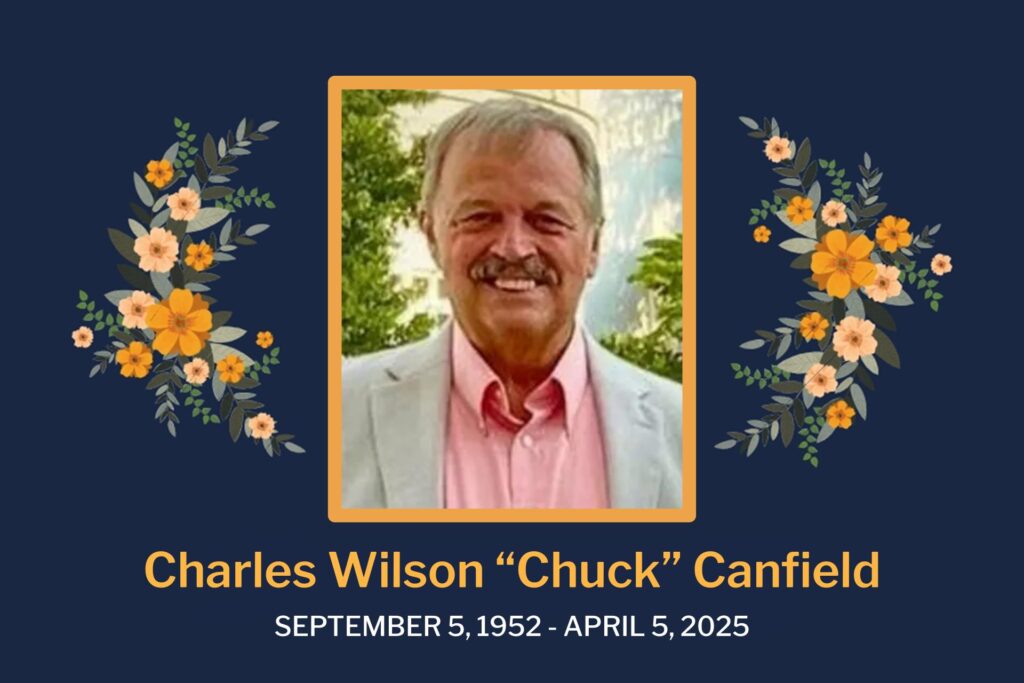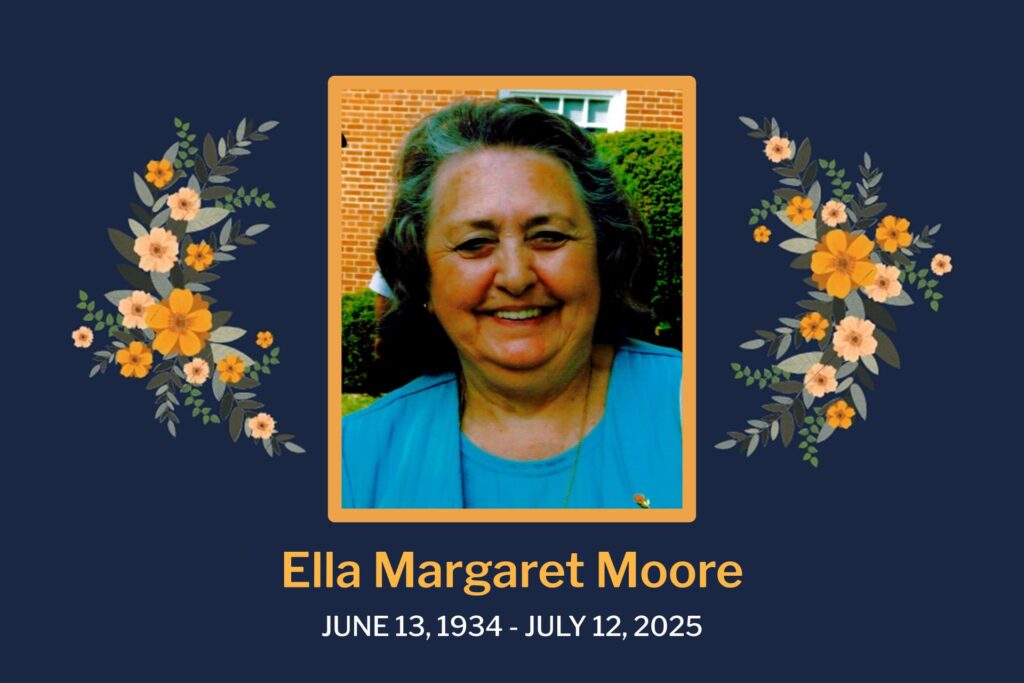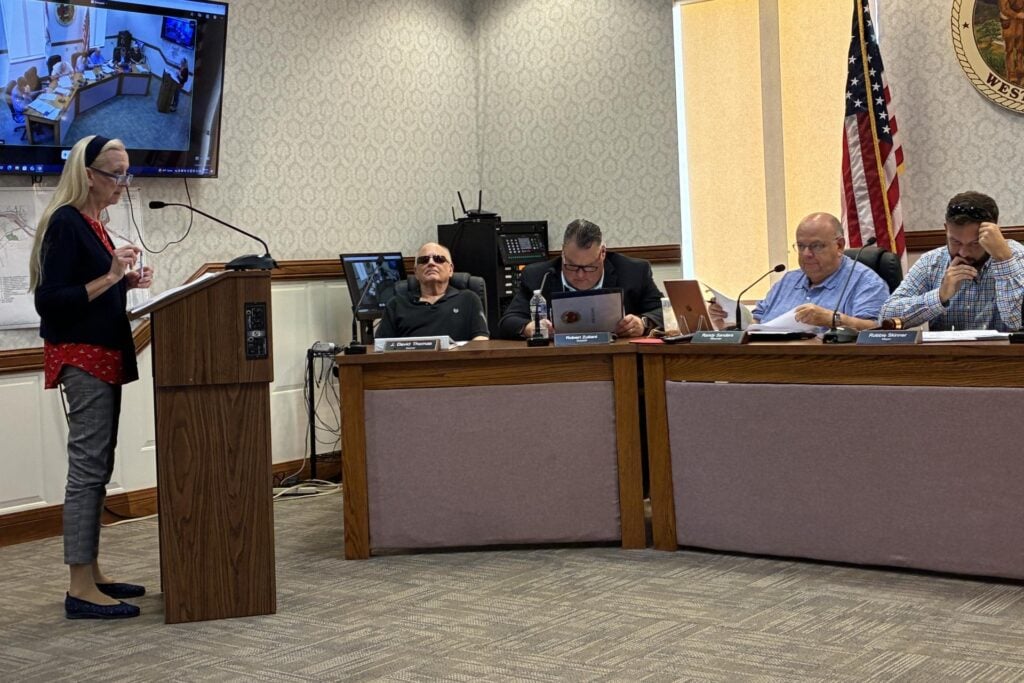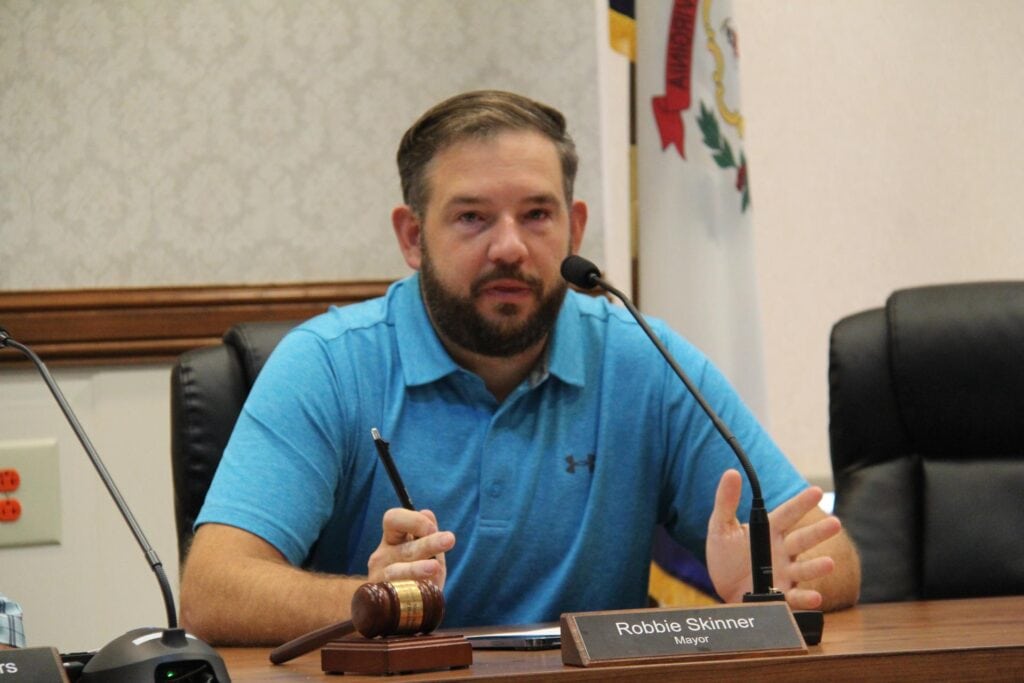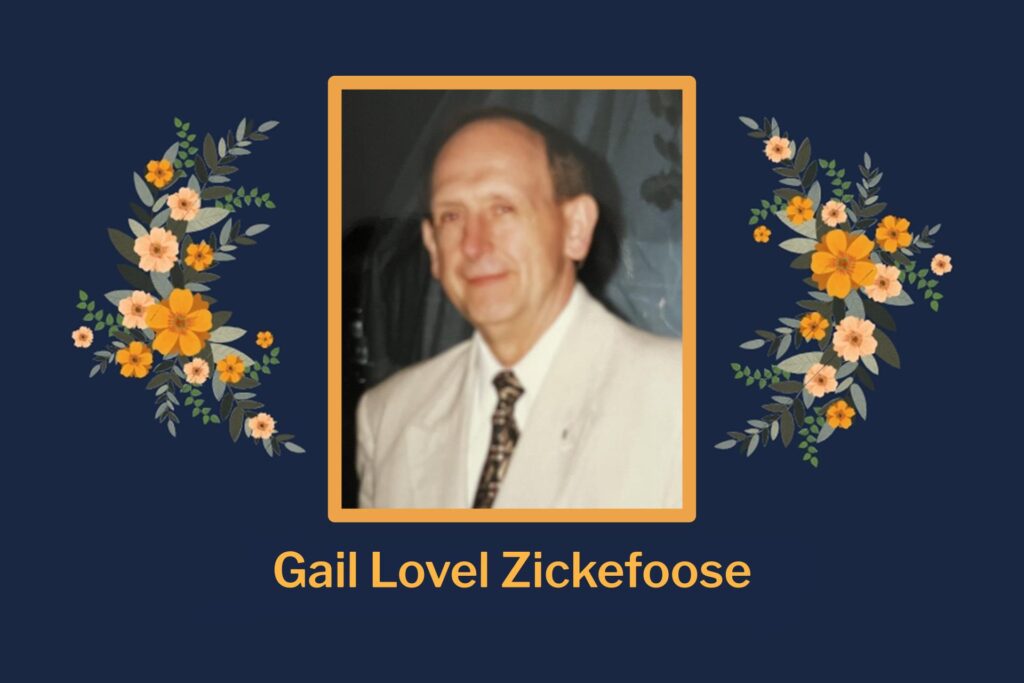By Erin Beck
Mountain State Spotlight
This story was originally published by Mountain State Spotlight. Get stories like this delivered to your email inbox once a week; sign up for the free newsletter at mountainstatespotlight.org/newsletter
As West Virginia struggles with an addiction crisis that still claims more than 1,500 lives a year, one of the state’s hardest hit communities is continuing its legal fight to hold painkiller distributors responsible for the community-wide repercussions.
In July 2022 – after a lengthy and complex trial – Huntington and Cabell County lost a civil case that sought to make the nation’s three largest distributors fund efforts to provide more treatment, stem the deaths and rebuild from the disaster.
Lawyers for the community are appealing that decision and this week their case reached a major milestone when a three-judge panel of the 4th U.S. Circuit Court of Appeals heard oral arguments.
David Frederick, a lawyer for Huntington and Cabell County, told the judges, “It was no accident that there is a massive addiction problem.”
Frederick walked the court through how the crisis unfolded: The distributors — AmerisourceBergen, Cardinal Health and McKesson — flooded the community with millions of highly addictive painkillers, with the shipments skyrocketing in a manner that federal drug laws required the companies to notice and investigate.
“This was happening month after month,” Frederick said. “The numbers went up and up and up.”
The companies should have foreseen the addiction epidemic, he said, since pharmacies kept ordering higher and higher quantities.
“When you look at the totality of the situation, 10% of the population of Huntington is addicted to opioids,” he said. “If oversupply wasn’t a contributor to that tragedy, I don’t know what causation means in the law.”
But Judge David A. Faber, in his 184-page-ruling, found that companies were only meeting doctor and pharmacy demand. Faber has also said that while doctors may have been overprescribing, there were other ways that could lead to oversupply that distributors couldn’t control, such as doctor shopping or theft from people with legitimate prescriptions.
Paul Schmidt, a lawyer for the companies, argued that the distributors hadn’t “influenced” doctors to prescribe more pain treatment pills and that Faber correctly found plaintiffs couldn’t offer a specific number of “correct” pill distributions.
“It was the good faith prescribing that accounted for the supply,” Schmidt said.
The three-judge panel hearing the case included Robert B. King, a West Virginia native appointed by President Bill Clinton, DeAndrea Gist Benjamin, appointed by President Joe Biden and Barbara Milano Keenan, appointed by President Barack Obama.
Keenan asked about the numbers being “disproportionate.”
Schmidt said the court “made specific findings as to why West Virginia has higher prescribing rates for pain medication, it has a higher prevalence of health conditions that cause pain.” He added that “it has a job market that has a higher percentage, relatively speaking of jobs that are more likely to lead to pain, in terms of jobs that involve physical labor.”
Keenan and King pushed both sides on why they didn’t ask the West Virginia Supreme Court to weigh in on if public nuisance law was applicable. Faber ruled that it wasn’t, and lawyers for both sides told the appeals panel that move wasn’t necessary.
“The high court hasn’t given us any guidance,” King said. “There isn’t anything definitive and nobody has asked.”
King also asked why Cabell County and Huntington didn’t present their case to a jury, rather than having Faber decide it.
Defendants said it was the appropriate course of action for a public nuisance claim and that plaintiffs agreed.
Cabell and Huntington, with among the highest rates of overdose deaths in the country and an area known for drawing drug dealers, chose to go at it alone versus joining with dozens of other state municipalities in a combined lawsuit. State officials are now overseeing about $1 billion in settlement money from those cases.
Over eight years, 81 million opioid painkillers were delivered to Cabell County. The community’s attorneys wanted $2.5 billion for a plan addressing continuing impacts of the crisis by increasing prevention and treatment options, equipping first responders and getting people back to work and out of jails through drug courts and job training.
Faber ruled that this approach wasn’t actually doing anything about the alleged nuisance — the flood of painkillers — and therefore wasn’t an appropriate remedy in this sort of lawsuit. But the community’s lawyers argued that they weren’t seeking the money to pay for damages caused by the distributors, but money to fund future services aimed at improving current community conditions.
“These are treatments that are not about damages,” Frederick said. “It is about cure.”
Reach reporter Erin Beck at erin@mountainstatespotlight.org.



